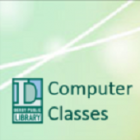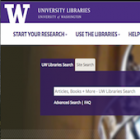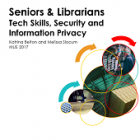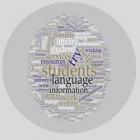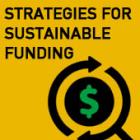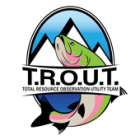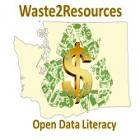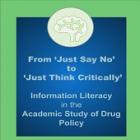
Just Say No to Just Think Critically: Information Literacy in the Academic Study of Drug Policy
Just Say No to Just Think Critically is an information literacy curriculum for college freshman taking a seminar-style, interdisciplinary course on drug policy. Included were lesson plans for two in-class instruction sessions, three breakout sessions with project groups, as well as a LibGuide and pre/post assessment. Grounded in critical instruction theory -- a lens especially suited to this complex topic -- the instruction goal was to frame information literacy as an empowering, lifelong mindset, not just a skillset for academic research. Concepts were applied in student projects at a harm reduction event, which also demonstrated peer-to-peer information sharing.

